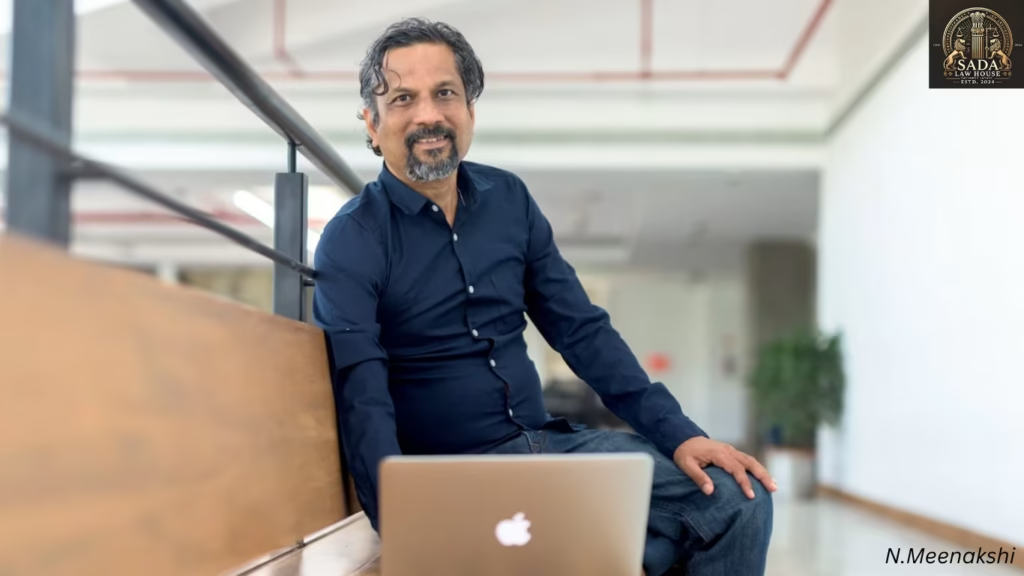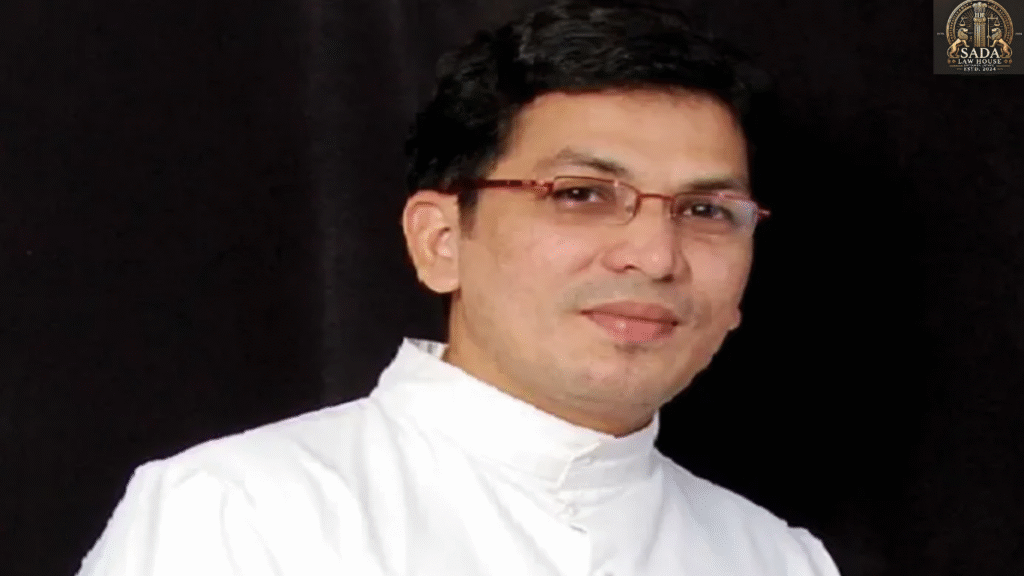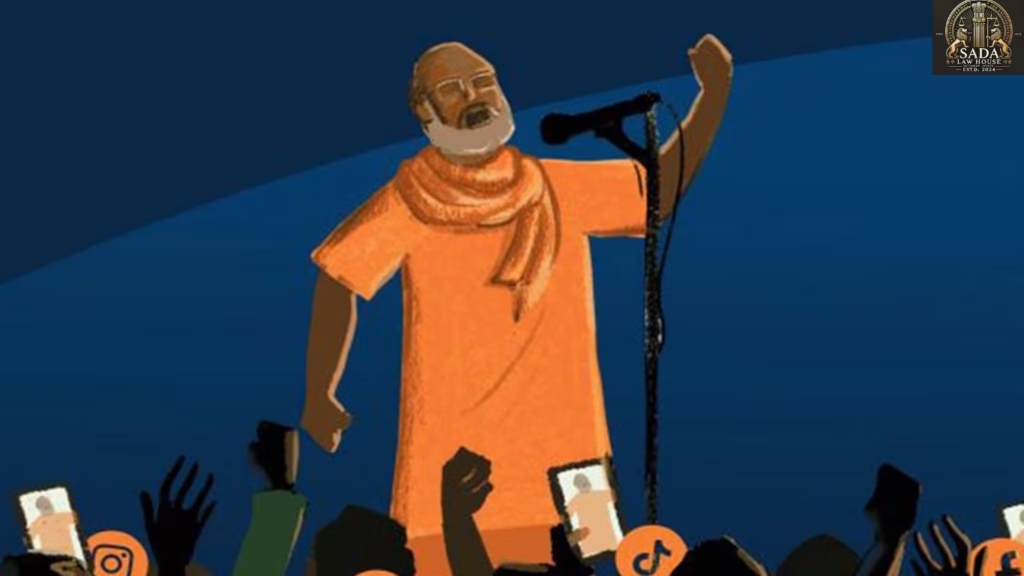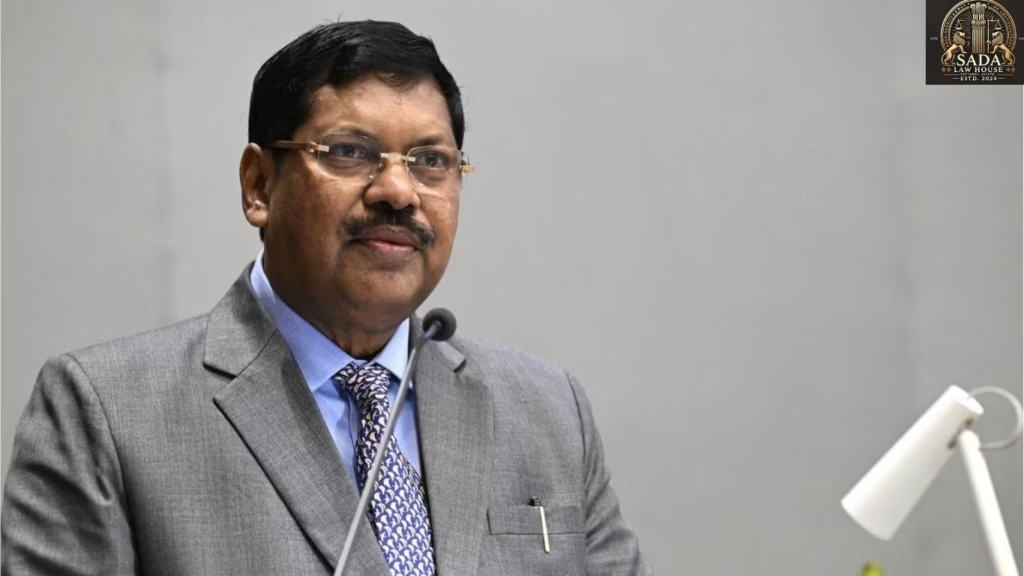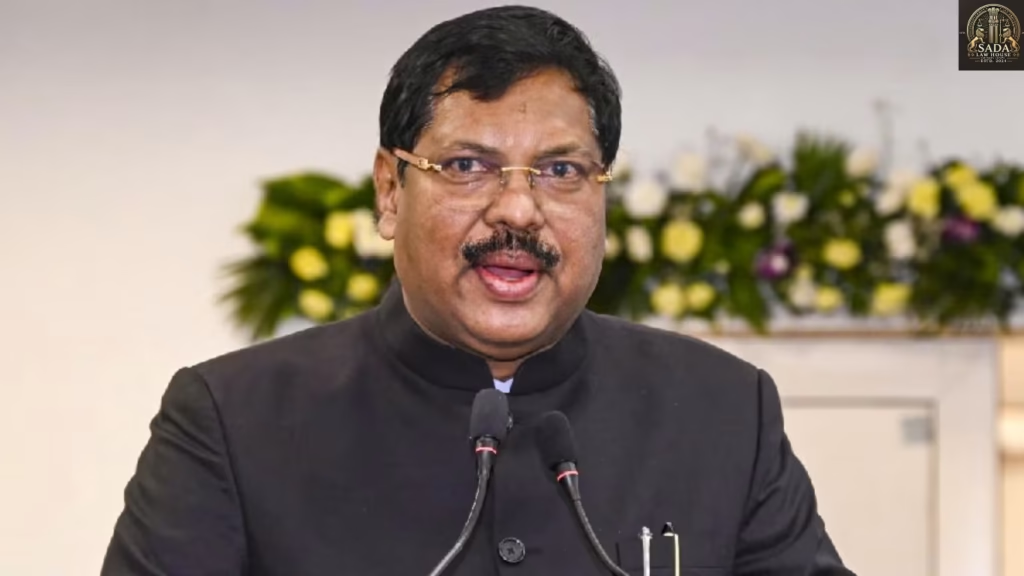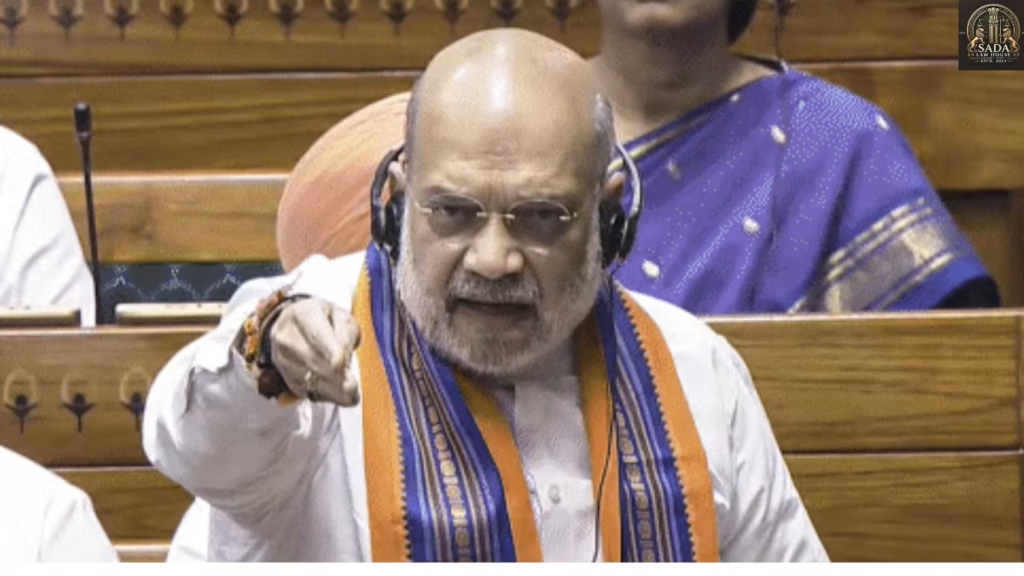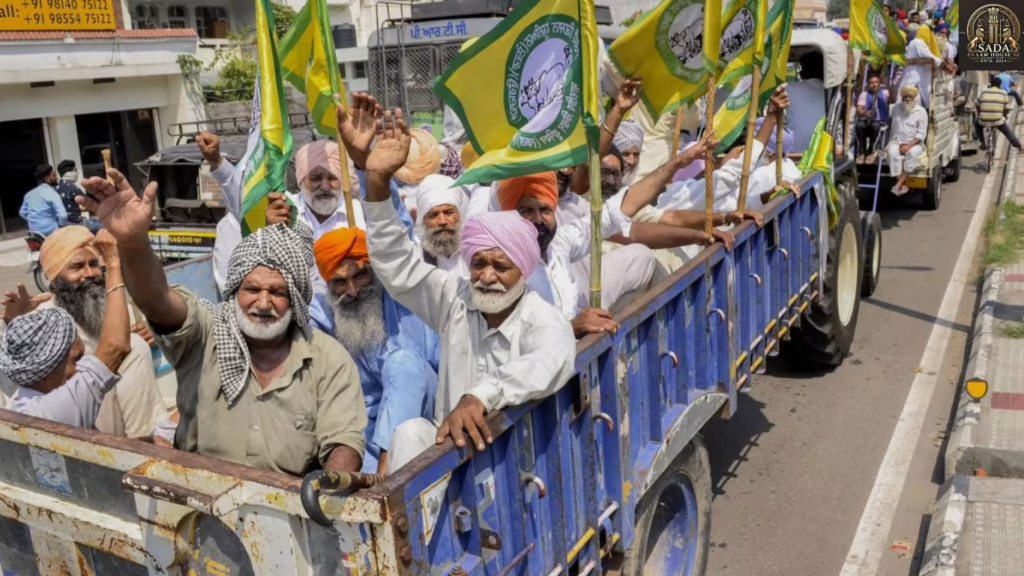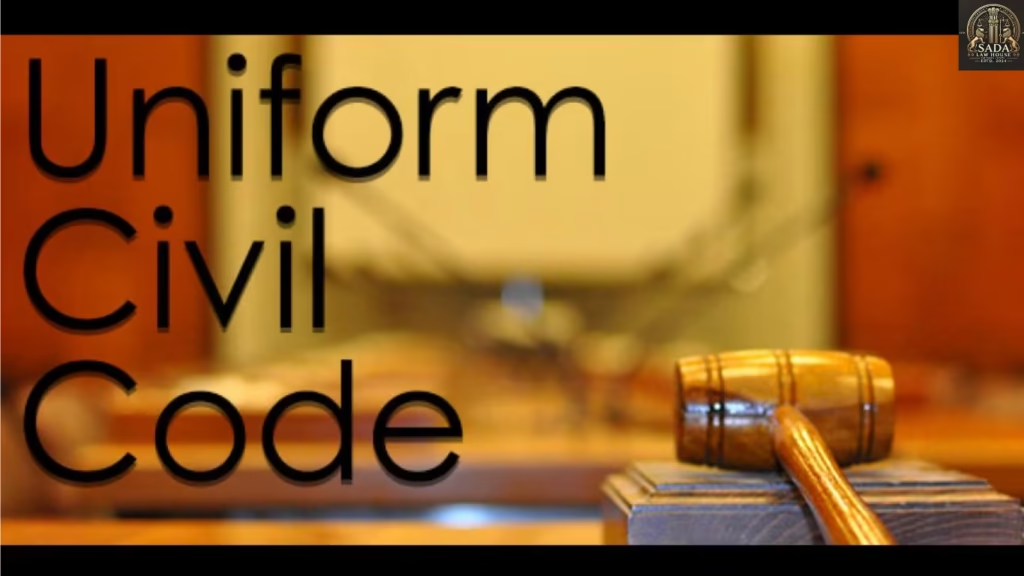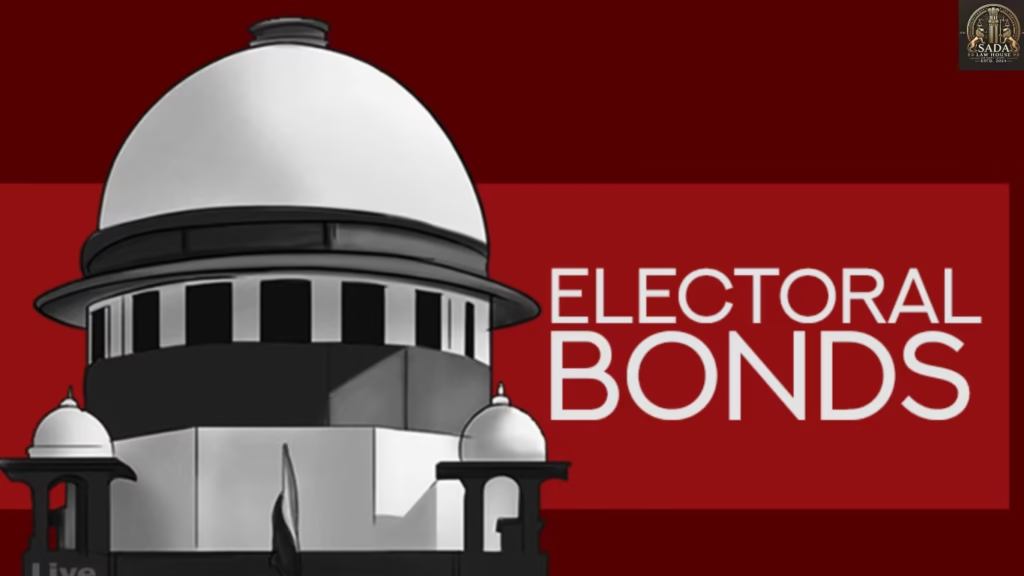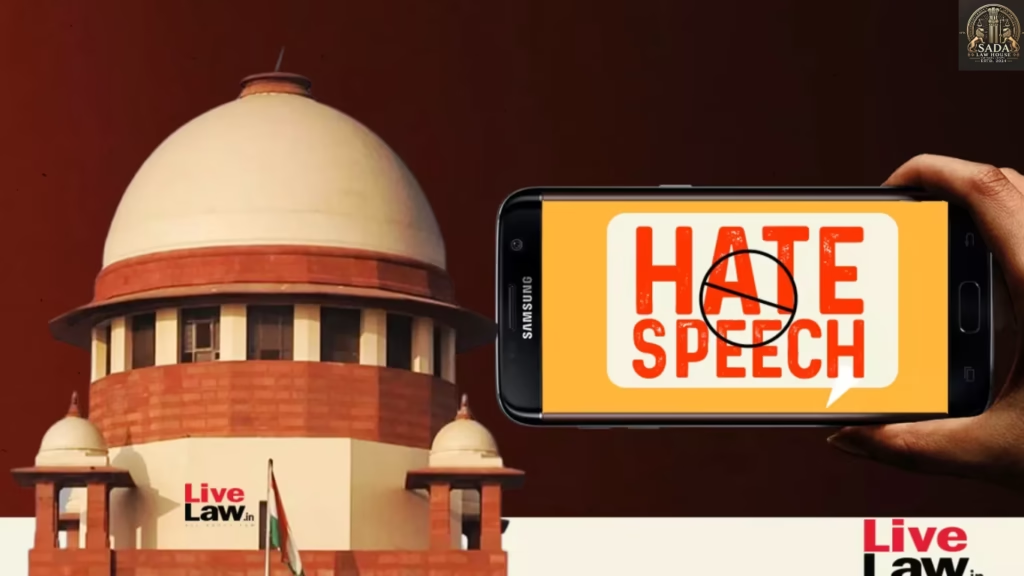Zoho’s Sridhar Vembu Urges H-1B Holders to Return to India Amid U.S. Visa Fee Hike
Trending Today Zoho’s Sridhar Vembu Urges H-1B Holders to Return to India Amid U.S. Visa Fee Hike SC Grants Bail to Kerala Priest Edwin Figarez, Suspends Sentence Pending Appeal Delhi High Court on Hate Speech and Political Rallies – 19 September 2025 CJI Gavai Reaffirms Faith in All Religions, Stresses True Spirit of Secularism Justice Karia Highlights Arbitration Cooperation; CJI Gavai Ends Vishnu Idol Remark Row Bill Proposes Removal of J&K CM, Ministers After 30 Days in Jail, Reappointment Allowed Post-Release Farmers’ Protest Resurfaces Over MSP Guarantee Bill – 19 September 2025 Parliament Debate on Uniform Civil Code (UCC) Intensifies – 19 September 2025 Supreme Court Directs Centre on Electoral Bonds Transparency (19 September 2025) Delhi High Court on Hate Speech and Political Rallies Zoho’s Sridhar Vembu Urges H-1B Holders to Return to India Amid U.S. Visa Fee Hike Shivani Garg 23 September 2025 Introduction Zoho founder Sridhar Vembu has urged Indian professionals working in the United States on H-1B visas to return to India in light of the recent hike in U.S. visa fees. Vembu argued that Indians should not live in fear of shifting immigration policies and instead channel their skills into strengthening India’s own technology ecosystem. His remarks come amid growing uncertainty for foreign workers in the U.S., where rising costs and political shifts threaten long-term stability. Background H-1B Visa Context: The H-1B program allows U.S. companies to employ foreign professionals, particularly in IT and engineering. Indians form the largest group of beneficiaries. Policy Changes: The U.S. administration recently announced a sharp hike in visa fees, sparking concerns among Indian workers. Vembu’s Advocacy: As the founder of Zoho, a global SaaS leader built from India, Sridhar Vembu has consistently advocated for strengthening India’s domestic talent base. Key Remarks by Vembu Indians should not depend on uncertain immigration systems for career stability. India needs its engineers and professionals more than foreign economies do. Returning workers can contribute to local innovation, entrepreneurship, and job creation. Building careers in India offers greater long-term security than temporary visas like H-1B. Issues Raised Uncertainty in U.S. Immigration: Workers face frequent policy changes, stricter scrutiny, and higher costs. Dependence on Foreign Job Markets: Heavy reliance on the U.S. makes Indian professionals vulnerable to global politics. Domestic Brain Drain: Continued migration drains India of top talent, slowing local innovation. Need for Strong Ecosystem: Encouraging returnees can fuel start-ups, skill transfer, and mentorship for younger professionals. Current Relevance Thousands of Indian IT workers in the U.S. are worried about fee hikes and visa renewals. Indian entrepreneurs like Vembu see this as an opportunity to redirect talent back home. India’s growing tech industry offers increasing potential for high-value innovation and entrepreneurship. Conclusion Sridhar Vembu’s call reflects a broader shift in mindset among Indian business leaders who believe that India’s future lies in self-reliance and talent retention. By urging H-1B holders to return, Vembu highlights both the risks of over-dependence on foreign markets and the opportunities that lie in building a robust domestic ecosystem. His message resonates strongly at a time when global uncertainties make local opportunities more attractive than ever. Leave a Reply Cancel Reply Logged in as Sada Law. Edit your profile. Log out? Required fields are marked * Message* Live Cases Zoho’s Sridhar Vembu Urges H-1B Holders to Return to India Amid U.S. Visa Fee Hike Sada Law • September 23, 2025 • Live cases • No Comments SC Grants Bail to Kerala Priest Edwin Figarez, Suspends Sentence Pending Appeal Sada Law • September 21, 2025 • Live cases • No Comments Delhi High Court on Hate Speech and Political Rallies – 19 September 2025 Sada Law • September 21, 2025 • Live cases • No Comments 1 2 3 … 5 Next »
Zoho’s Sridhar Vembu Urges H-1B Holders to Return to India Amid U.S. Visa Fee Hike Read More »

